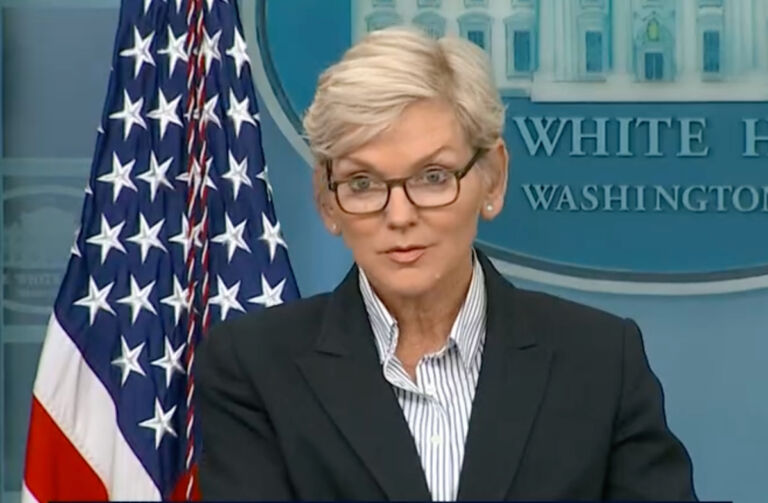Steven Malanga writes for City Journal about government policies that amount to an effective war on the American energy industry.
The war in Ukraine has sent world oil prices soaring and the Biden administration scrambling to find new energy supplies. Even Tesla founder Elon Musk, whose business model is built on supplying Americans with luxury electric-powered vehicles, has said that the United States needs to increase oil and gas production. “Extraordinary times demand extraordinary measures,” Musk recently tweeted.
But apparently the times haven’t been extraordinary enough to deter some states from their war on fossil fuels. Governors and legislators in several states are plunging ahead with a pipeline ban, new taxes, and added regulatory oversight—all aimed at raising prices further and weaning Americans off natural gas and oil.
Michigan governor Gretchen Whitmer is pursuing closure of a major oil and gas pipeline, the Enbridge Line 5, which carries supplies from Western Canada to energy users in five midwestern states. Whitmer says the line, in operation since 1953, would present an environmental problem if it were to rupture in the portion that runs underwater beneath the Straits of Mackinac connecting Lakes Michigan and Huron—though that hasn’t happened in nearly 70 years. …
… Pennsylvania governor Tom Wolf has been trying for four years to join the Regional Greenhouse Gas Initiative, a consortium of states that agree to tax power plants and funnel the revenues into cleaner energy sources. So far Republicans in Harrisburg have blocked him, arguing that the estimated $410 million in taxes on the state’s power plants would be passed on to consumers in the form of higher prices. Opponents also worry about the implications of Pennsylvania, which produces more natural gas than any state except Texas, joining a group that levies extraordinary taxes on fossil fuels.

